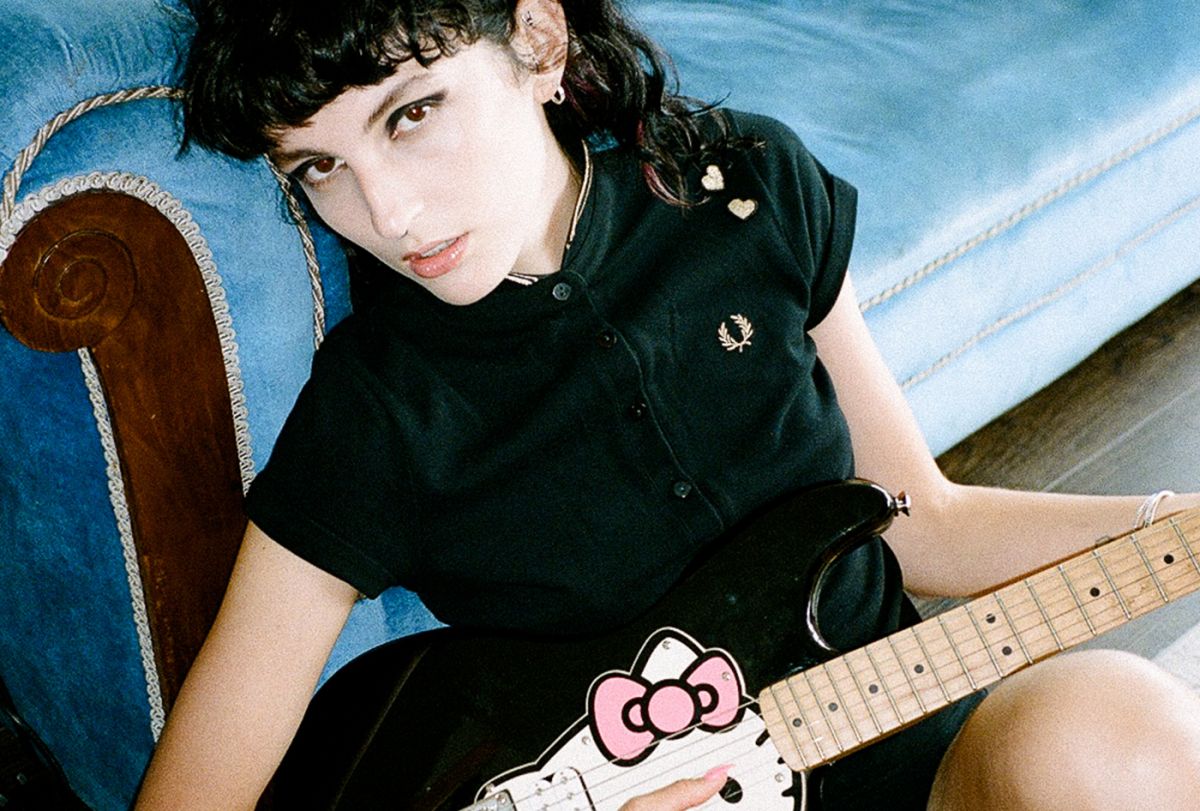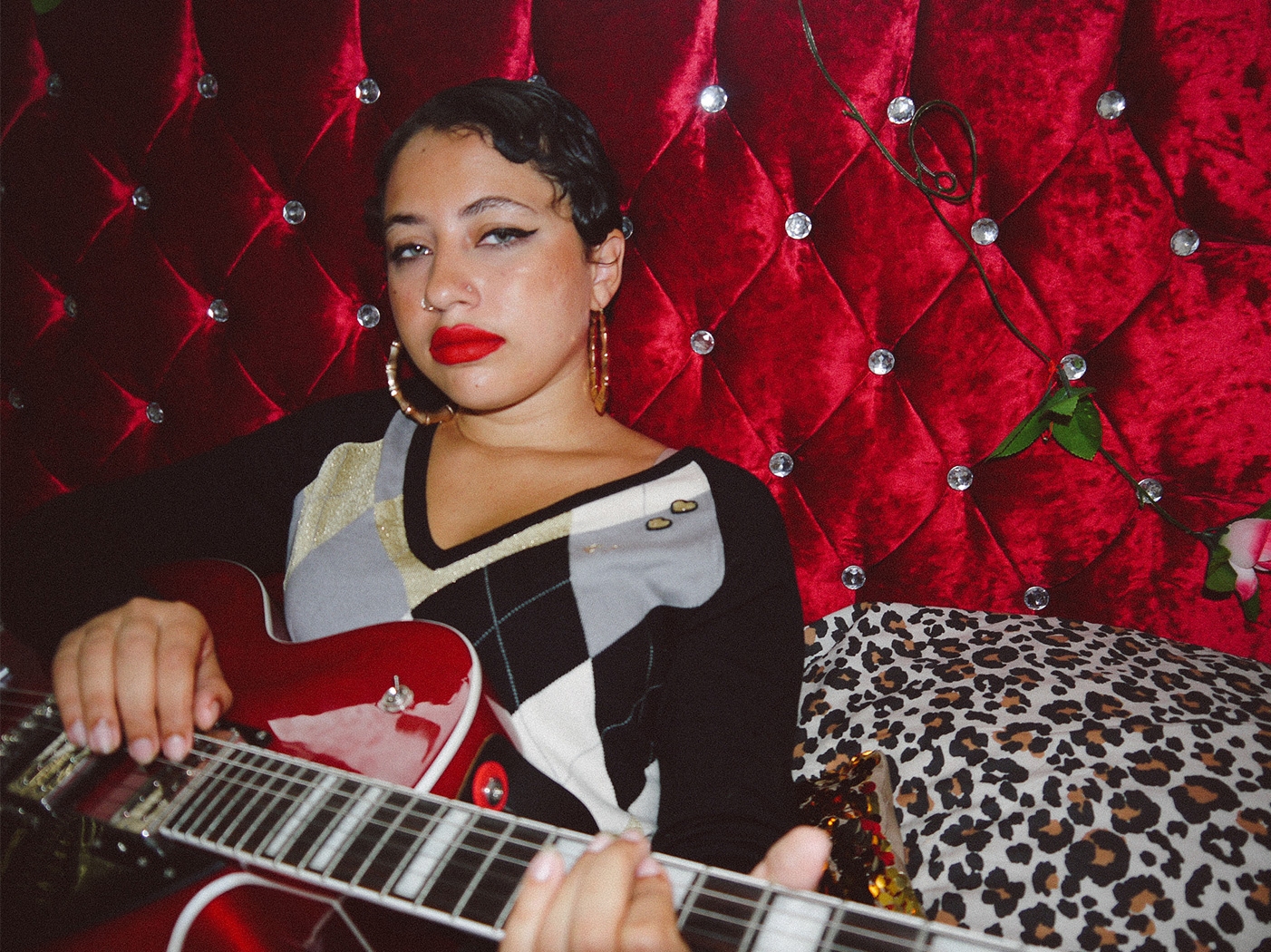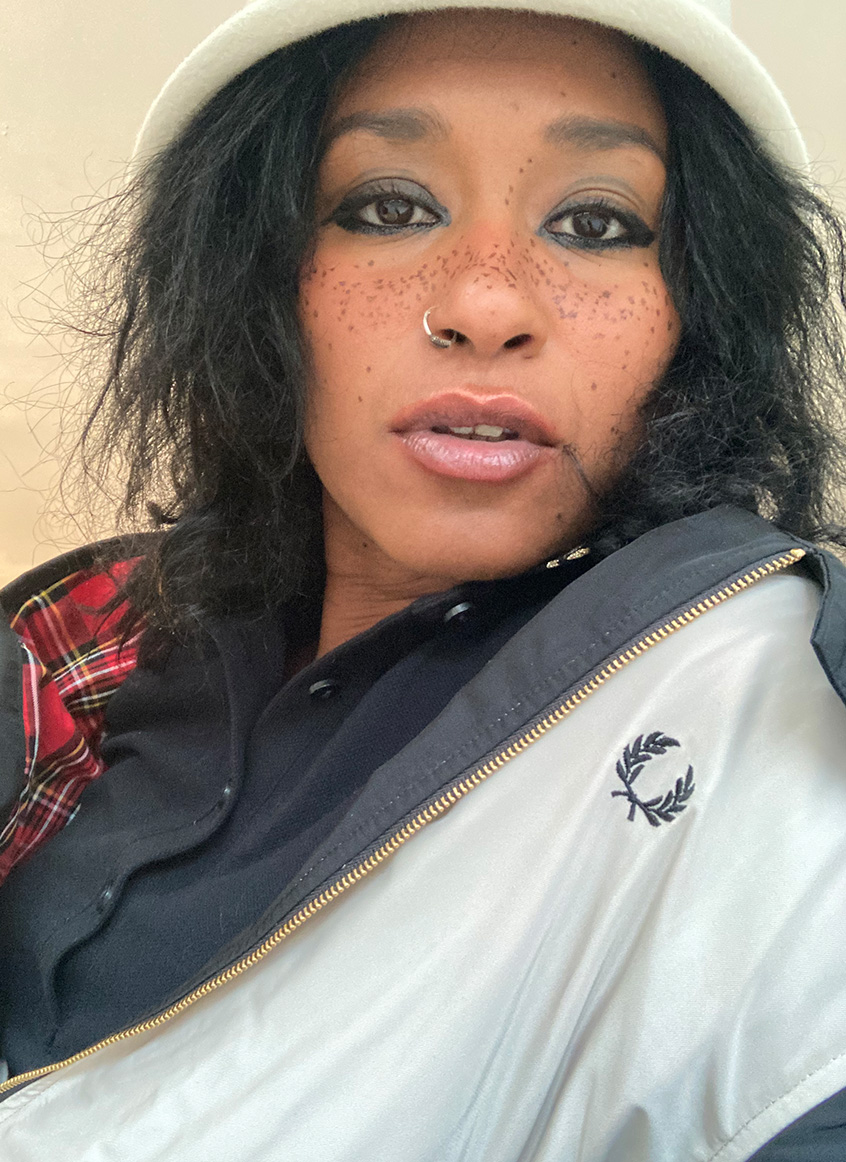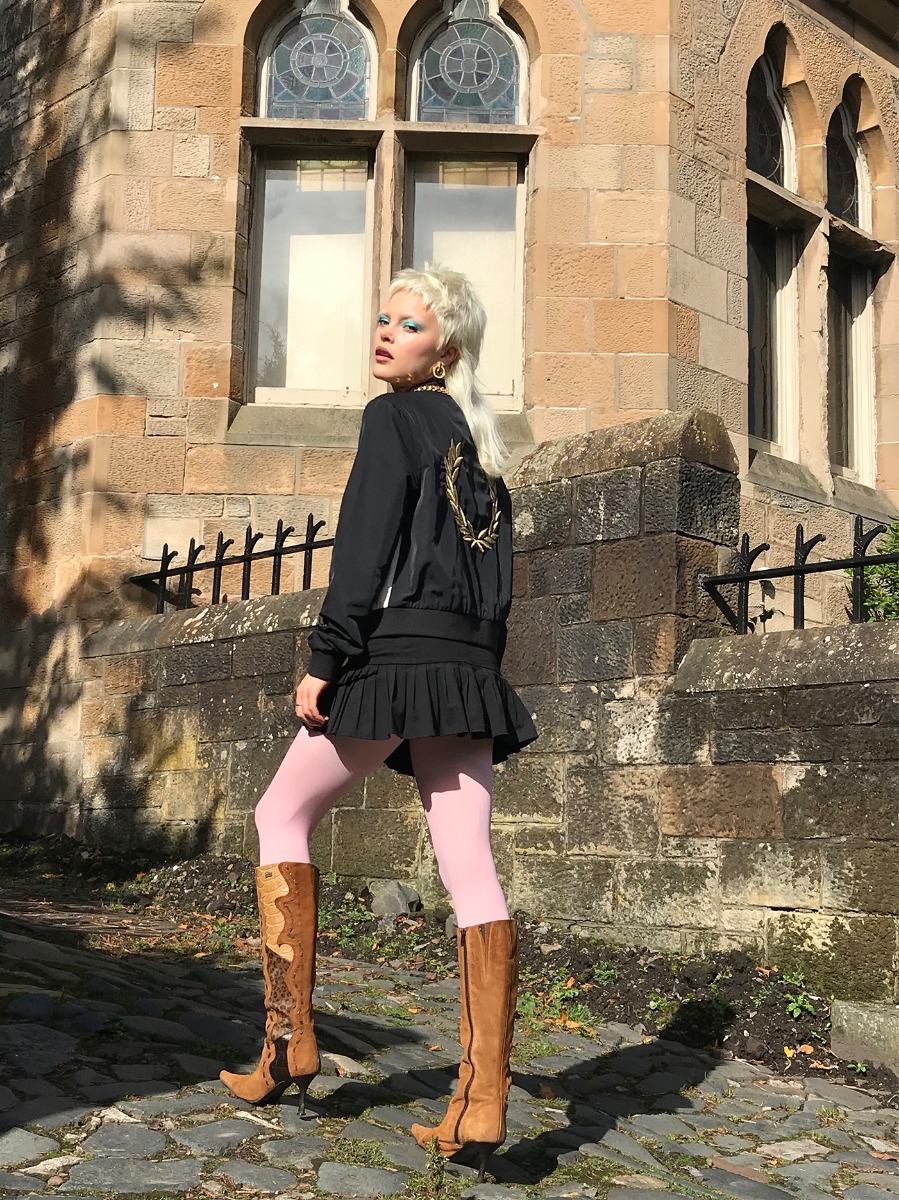The last decade has seen a revolutionary change in the music industry – streaming services became the dominant force, transforming how artists and fans engage with music; social media created platforms for a new generation of independent artists, enabling marginalised musicians with better opportunities to connect with listeners; finally, thanks to #MeToo, widespread allegations of abuse by powerful industry players have been exposed and conversations about sexism, harassment and the overall objectification of women in music have made their way into the cultural lexicon.
And yet, with Amy Winehouse’s seminal album Back to Black blasting from the speakers as I type, it’s as if no time has passed at all. It only takes a few bars, and suddenly I’m transported away from my desk and into the local pub that housed many of my adolescent Friday nights. It’s the 2000s, I’m huddled around a dilapidated wooden table with old friends, crushed into our regular booth and nursing a pint I was probably too young to buy for myself, singing along word-perfectly to ‘You Know I’m No Good’ or ‘Tears Dry On Their Own’, asking a bemused barman if he’d let the whole album run.
The timeless power of Amy’s music is everlasting. Following the success of her first album, 2003’s jazz and hip-hop-inflected Frank, Back to Black’s rebellious rock & roll spirit redefined popular music for future generations. There was an undeniable power in her voice, with a husky tone echoing the greats of a time gone by and tinged the regret regularly saved for has-beens sipping whiskey at a downtown bar. Her rockstar bravado and bellowing vocals aside, it was Amy’s vulnerability and storytelling songwriting that allows her music to transcend time – her stories of hope, despair, love, anguish and sorrow are personal, yet universal.
She has undoubtedly laid the foundation for the last decade of women in music, and her influence ellipses genre – in the unflinching authenticity of Lana Del Rey’s hit single Video Games, the raw vulnerability of Adele’s gut-wrenching album 21 and even inspiring the rise of a new genre, ‘dark pop’, encompassing the likes of chart-topping artists Billie Eilish, Dua Lipa and Rina Sawayama.
Her impact on British culture extends beyond that of only music as Amy’s signature look was quickly propelled to icon status and can still be seen inspiring the styles of Camden’s locals today. Her look – the stacked beehive hairdo, dramatic eyeliner and old-school tattoos – matched that only of her badass attitude.
Her striking sense of style quickly caught the attention of Fred Perry, and in 2010 Amy designed her first collection for the British heritage brand. She was only able to produce one collection before her tragic passing in 2011, but Fred Perry continued to champion her legacy. Over the last decade, Fred Perry has continued to release Amy Winehouse collections in collaboration with the Amy Winehouse Foundation, whose vital work supports vulnerable and disadvantaged young people.
Today, Fred Perry celebrates 10 years since the first collaborative collection with the legendary songstress by reissuing those first pieces in metallic gold, each piece signed off with two carefully placed love hearts – a reference to Amy’s distinctive tattoo. To mark the occasion, the hearts are gold.
We meet four emerging female talents still inspired by Amy’s music and trailblazing in a musical landscape that Amy undeniably paved the way for.
Delilah Holliday










